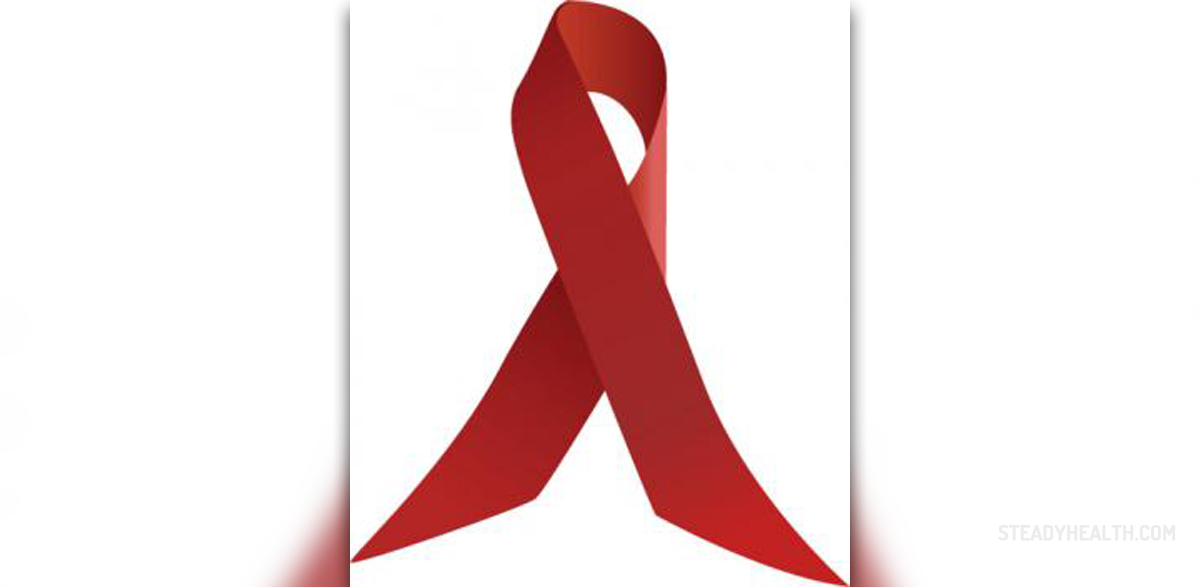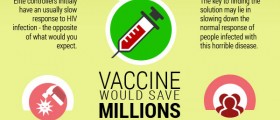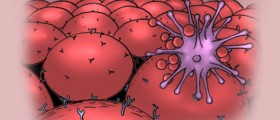
What Is HIV?
Human immunodeficiency virus, known as HIV is severely infectious virus that affects the immune system. HIV belongs to a group of viruses called Retroviruses. When HIV gets into the body, it destroys cells of the immune system that normally attacks pathogens and fights infections. Cells infected by human immunodeficiency virus are unable to function properly and quickly die. Due to weakened immune system, HIV than easily infects other cells of the body in order to replicate.
HIV can be transmitted through exchange of bodily fluids such as blood, sperm, vaginal secretions and breast milk. HIV is one of sexually transmitted viruses and can be spread during unprotected sexual intercourse. HIV can also be transferred by contact with infected blood while sharing injecting equipment. A blood transfusion also carries a slight risk of HIV transfer if the blood used is contaminated with the virus. Finally, the infection can be spread from mother to child during pregnancy, delivery or breastfeeding.
HIV sometimes does not cause symptoms at all, while some infected people may experience flu-like symptoms including sore throat, fever, headache, tiredness and swollen lymph glands in the neck.
HIV infection over the years progresses into AIDS or acquired immune deficiency syndrome. Development of AIDS means that the immune system is severely weakened. Therefore AIDS is usually accompanied with pneumonia and other life threatening conditions.
Treatment for HIV
There is no cure for HIV but the treatment aims to stop or slow the replication of the virus down. HIV is managed with a combination of drugs called highly active antiretroviral therapy (HAART) that is used to suppress the viral load and slow the progression of the disease down thus prolonging the life and improving the quality of life.
HIV therapy can not eliminate the virus but can control its replication and restore the immune system. However, the virus has the ability to mutate over time and may become resistant to therapy and this process is known as viral resistance. This is usually caused by failure to correctly follow the prescribed doses or not taking drugs at the recommended time. Nevertheless, use of HIV therapy is highly effective and it has significantly reduced death rates in recent years.
Drugs used in HIV therapy are associated with the risk of short-term and long-term side effects. Most side effects of HIV therapy improve after several weeks when body gets used to the drugs. Common side effects of the therapy include nausea, diarrhea, skin rashes, mood changes, fatigue, dizziness, shortness of breath and vomiting.







_f_280x120.jpg)








Your thoughts on this
Loading...